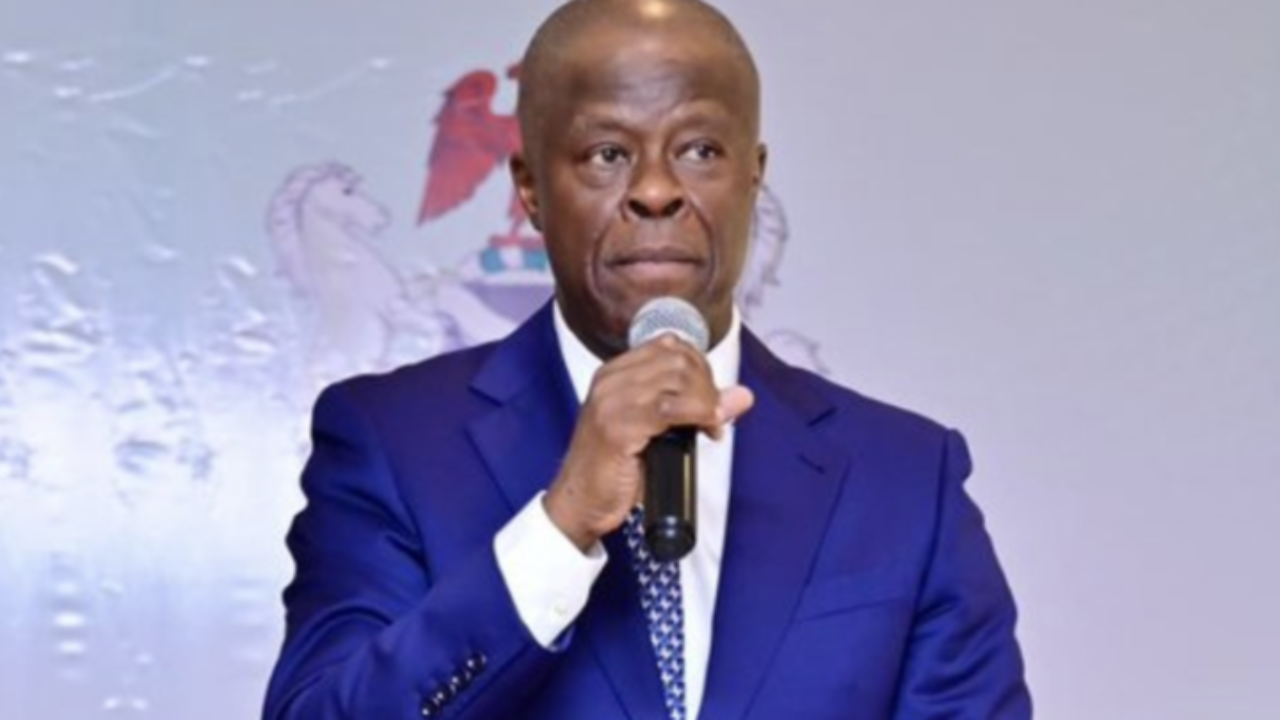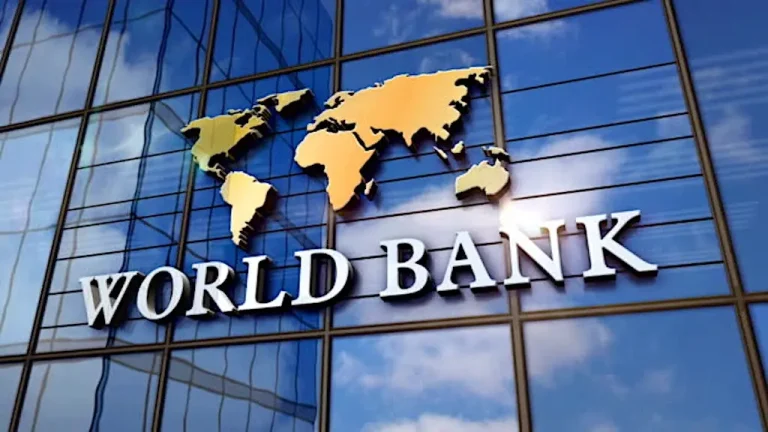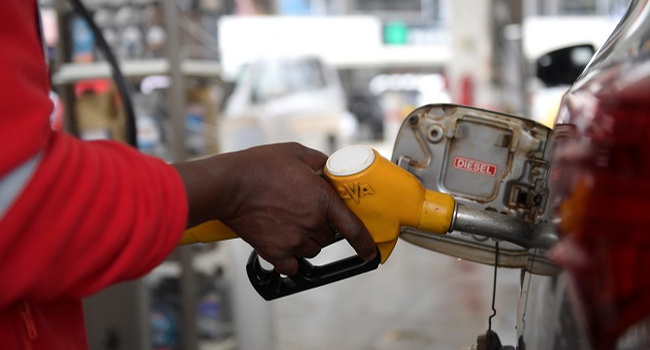
The Nigerian federal government has confirmed that it has disbursed up to N330 billion in direct cash transfers to poor and vulnerable households nationwide under its revamped social protection programme.
Finance Minister and Coordinating Minister of the Economy, Wale Edun, announced on Wednesday in Abuja that the full rollout of the national social safety net programme had resumed after earlier delays caused by the integration of biometric data through the National Identity Number (NIN).
“We are pleased to report that the social protection programme, aimed at cushioning Nigerians from rising living costs, is now firmly back on track,” Edun said. “So far, 8.5 million households out of the targeted 15 million have received at least one payment of the monthly N25,000 cash transfer, with some households receiving up to three tranches. The remaining 7 million households are expected to receive their payments before the end of the year.”
Edun emphasized that this initiative marks the foundation of a modern, long-term social protection system in Nigeria, fulfilling a promise made by President Bola Tinubu.
No More Traditional Cash Payments, Transparency at the Forefront
Funmi Olotu, head of the National Social Safety Net Coordinating Office (NASSCO), explained that the shift to a fully digital disbursement system linked to biometric verification via the NIN was critical for transparency and eliminating political interference.
“Mr President said there will be no more traditional cash payments. All payments must be made directly into beneficiaries’ accounts,” Olotu said. This approach caused some delays, with beneficiaries receiving varying numbers of payments depending on when their NIN verification was completed.
She revealed that over 10.2 million NINs have been collected, with approximately 9.6 million verified by the National Identity Management Commission (NIMC).
The system is designed to transfer funds digitally either through bank accounts or mobile wallets based on the National Social Register (NSR). The NSR includes data on over 70 million individuals across nearly 20 million households, developed in partnership with the World Bank. It uses more than 40 socioeconomic indicators to accurately identify the most vulnerable.
Olotu stressed that the NSR is an impartial tool, free from political influence. “The Minister of Finance cannot give me names to put on the register. Mr President cannot give me names,” she clarified.
The NSR is now the official database for all government social welfare interventions, as mandated by an executive order from President Tinubu. Olotu highlighted that this marks a significant policy shift towards more accountable and structured welfare delivery to stabilize the economy and reduce inequality.
The renewed Hope Conditional Cash Transfer programme, targeting 15 million households, was officially launched by President Tinubu on October 17, 2023, and is steadily expanding its reach.


